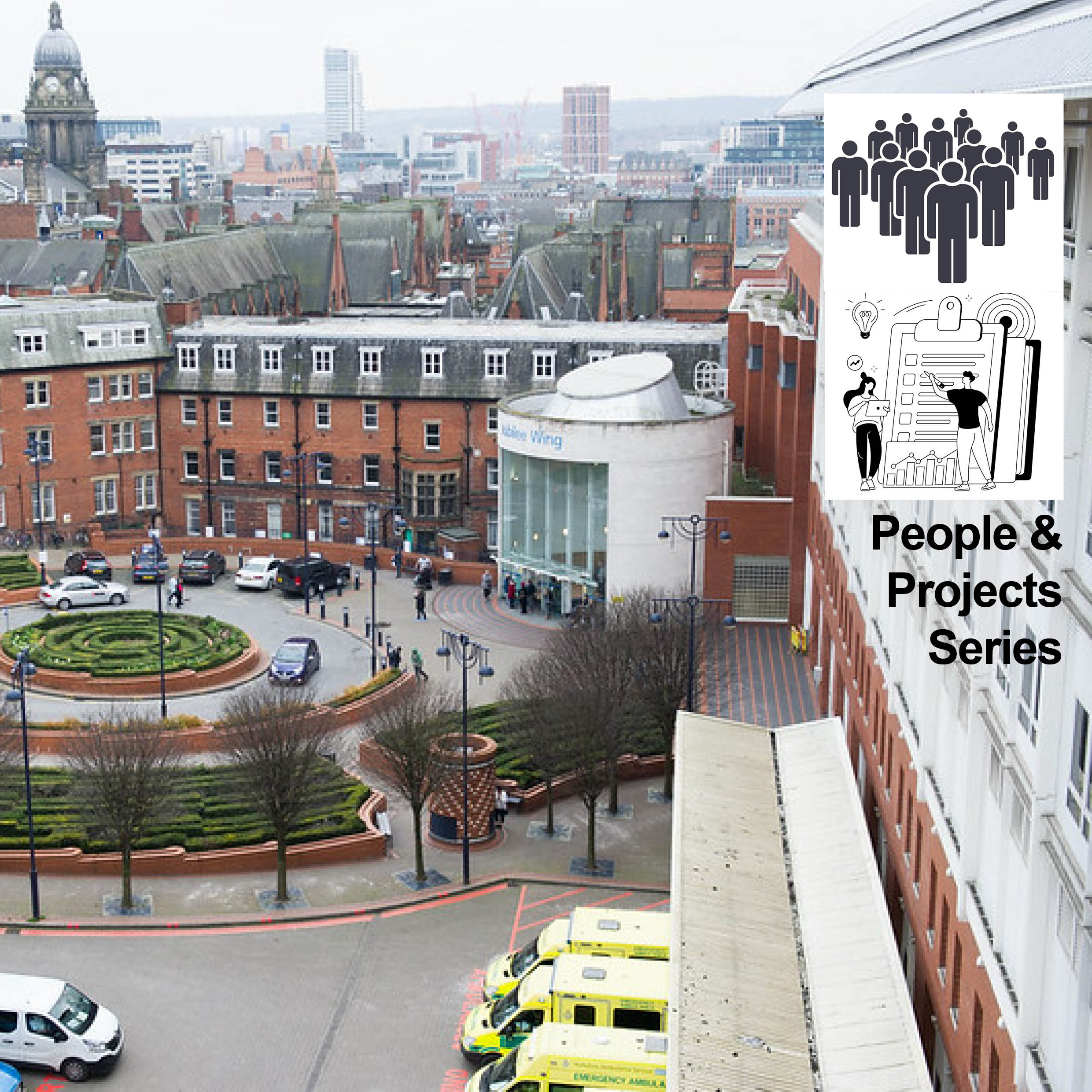Dr Thérèse Coffey, the new Secretary of State for Health and Social Care, addressed Parliament yesterday (September 22) to outline her plans for the NHS to help to tackle the immediate challenges faced by the health service.
‘Our plan for patients’ promises a relentless focus on what the new Health Secretary has described as her “ABCD” priorities - ambulances, backlogs, care (social), doctors and dentists. Nurses are still not included in the ABCD, although this plan does reiterate the government’s ambition to recruit more nurses - an additional 50,000 by 2024.
‘Our plan for patients’ will, Dr Coffey says, sit alongside the NHS Long Term Plan and the forthcoming workforce plan. No more detail was provided on this plan, which has been awaited for some time, and which many providers and health sector experts believe is now fundamental. “We need to see a fully-funded workforce plan - and fast,” says Miriam Deakin, Interim Deputy Chief Executive and Director of Policy and Strategy at NHS Providers, responding to the Health Secretary’s announcements.
Whilst the prompt action on the ABCD of priorities will be welcome, Miriam adds: “Trust leaders would also have liked to see tangible progress to tackle significant workforce gaps across health and care, with over 130,000 vacancies across Trusts in England alone.”
‘Our plan for patients’ promises to “design and deliver our long-term workforce plan,” and to “review our education and training requirements” to develop “proposals to meet the changing needs and expectations of patients in the future.” Trust leaders will be hoping that this process does not take too long.
Variation
Thérèse Coffey also told MPs there is too much variation in the care patients receive across the system. ‘Our plan for patients’ cites, as an example, in winter 2021, 45% of ambulance handovers were experienced at just 15 Trusts. “I will endeavour, through a powerful partnership with the NHS and local authorities, to level-up and match the expectations that the public rightly have,” she pledges. The plan adds: “Ministers and the department will forge a powerful partnership with NHS England to proactively improve outcomes for patients, holding the frontline to account and supporting them to achieve.”
Delays
There is recognition that delays in the system are a significant problem and that the urgent care pathway must be improved, which will ease the pressure on ambulance services by reducing handover delays. £15m has been promised to help boost international recruitment of care workers, which is seen as one of the critical steps that must be taken to speed-up discharge of care; the latest data shows there are 13,000 patients occupying beds who no longer need to be in hospital and who should be being cared for in the community.
Thérèse Coffey also confirmed that the NHS will, this winter, open up the equivalent of 7,000 beds - that’s not an actual 7,000 beds on a hospital ward, but includes treating more people at home or in the community utilising remote monitoring technology.
A further commitment to a £500m Adult Social Care Discharge Fund was announced, to support discharge from hospital into the community. However, there is concern that this is not ‘new money’ but will come from existing budgets. Miriam Deakin stresses: “Trust leaders will be seeking categorical reassurances that this funding will not be taken from NHS budgets, which are already severely stretched by inflation, energy costs and unfunded pay deals. And, there needs to be recognition that this is a short-term contribution, whereas social care needs a long-term funded plan and reform to put it on a sustainable footing.”
Hospital building programme
‘Our plan for patients’ also confirms an acceleration of the hospital building programme (NHP), which has been beset by frustrating - and, for some Trusts, costly delays which has led some leaders to speak up and voice their concerns about the future of the programme. Speaking to Jane Renton in the September/October issue of HEFMA’s Pulse magazine, Saffron Cordery, Interim Chief Executive of NHS Providers says: “What we need is clarity for all the Trusts in the NHP, how the programme will be pushed forward and also a commitment that there will be adequate funding … to follow through on the commitments made so far.”











